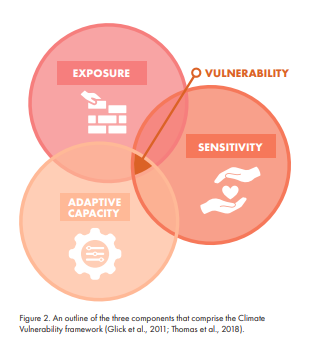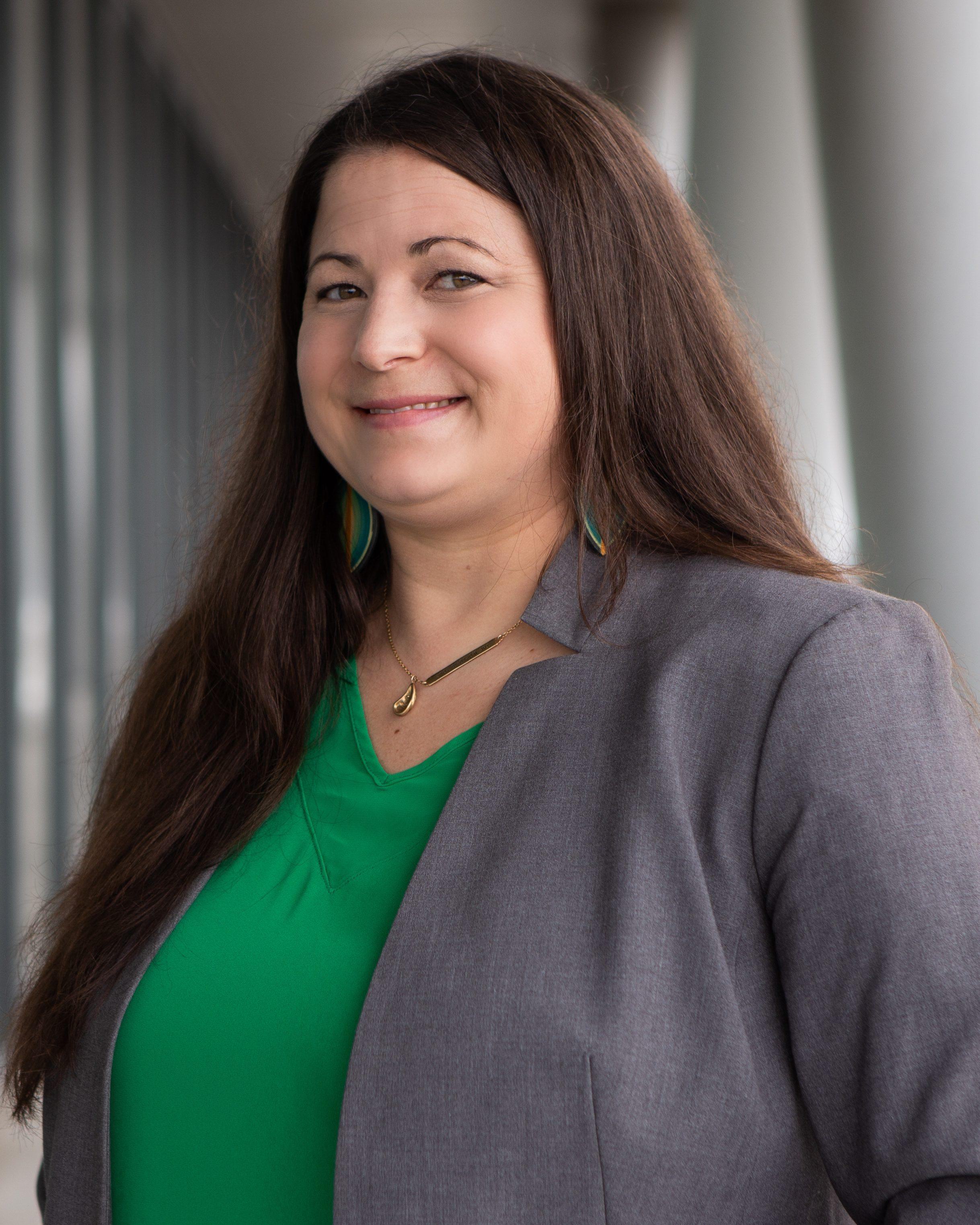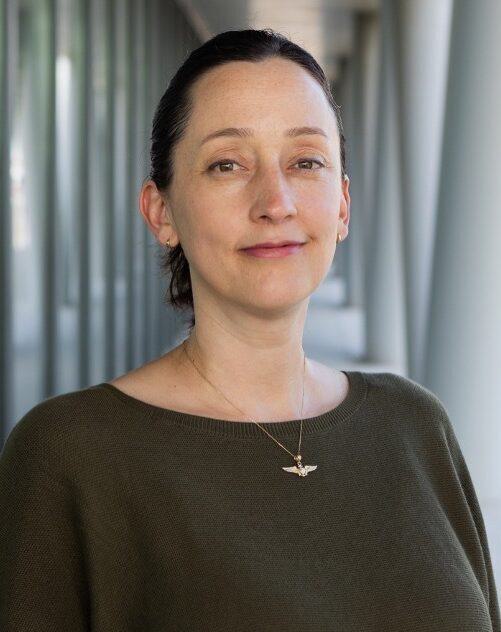Community Resilience Center at The Water Institute
The Approach
About the Community Resilience Center at The Water Institute
A community center is a place where people go for resources, opportunities, and connecting with others. We intend for the Community Resilience Center at The Water Institute (the Center) to serve in this role for Gulf Coast communities on topics related to resilience. The Center works with communities to move beyond the assessment and study of risk towards the exploration, co-development, and implementation of community-focused strategies to increase resilience at every level: individual, household, neighborhood, city, state, and even nationally. The Center is specifically focused on equitable climate resilience, with an explicit emphasis on addressing systemic barriers and processes that reinforce disparate impacts. Equitable climate resilience targets physical safety along with other key aspects of community well-being. As a result, the strategies to increase resilience must be as diverse and unique as the communities they serve. To accomplish this, the Center is collaborating with a network of individuals and organizations to bring together research, local knowledge and data, lived experiences, and other resources to equitably advance climate resilience in the Gulf.
Mission Statement
Mission: To increase climate resilience in the Gulf Coast by addressing systemic barriers and making available more capacity and expertise to support a broader array of communities.
Vision Statement
Vision: A Gulf Coast where every community has the power, knowledge, and resources necessary to adapt and thrive in the face of a changing climate.
Strategic Plan
In 2024, the Community Resilience Center at the Water Institute released its strategic plan for 2024-2027. The plan is the product of more than a year of work among a network of people and groups dedicated to making communities along the Gulf Coast more resilient in the face of environmental and social challenges.
Thanks to stakeholder input and research, the strategic plan also outlines specific focus areas the Center will be pursuing. These areas include:
- Fundamentals for equitable climate resilience: Foster effective community-led resilience planning and action by addressing gaps in necessary capacity and knowledge.
- Insurance affordability and availability: Address decreasing insurance affordability and availability by enhancing the current system while bridging to more flexible and responsive insurance products.
- Community-led migration legal frameworks and approaches: Identify and address gaps in inclusive decision-making processes that guide climate migration coordination, planning, and implementation.
- Equitable flood risk planning and policies: Develop and implement flood risk management practices and inclusive policy making processes that acknowledge cultural connectedness and historical inequities.
“The strategies to increase resilience must be as diverse and unique as the communities they serve. The Strategic Plan 2024-2027 will be the roadmap for our continued work alongside communities, organizations, and individuals in order to equitably advance climate resilience in the Gulf.” – Renee Collini, Community Resilience Center Director
Read the Strategic Plan 2024-2027 here.
Where We Work
The Community Resilience Center at The Water Institute (Center) works in the U.S. Gulf of Mexico with partners, stakeholders, and local communities to enhance and expand climate resilience equitably among individuals and communities. The work helps communities move beyond assessment and study of risk towards an exploration of strategies that can be implemented across individual, neighborhood, municipal, state, and federal levels. While our work is focused on the northern Gulf of Mexico, we continually seek to share information and expand our connections in with others who are also working toward equitable climate resilience anywhere in the world.
Pillars
The Center’s work will be anchored by four pillars:
- Convening, coordinating, and collaborating with an integrated, trusted network in the Gulf of Mexico operating at the intersection of equitable climate resilience
- Advancing literacy and improving knowledge about the risks, needs, and opportunities for improving climate resilience.
- Conducting innovative research focused on understanding potential solutions to the policies, processes, and systemic barriers that generate and perpetuate inequity in climate resilience
- Increasing action that explores novel and innovative solutions and builds greater capacity so a greater number of individuals and communities can pursue inclusive climate resilience.
Holistic Climate Resilience
Inclusive, equitable climate resilience requires explicitly considering socioeconomic inequities and the resulting differences in power, knowledge, and resources that impede recovery, mitigation, and adaptation. This inherently means that climate resilience includes additional issues such as accessible and affordable housing, health care access and quality, and other social, cultural, and economic factors. For example, without quality and accessible health care, residents are likely to have underlying health issues that can compromise their ability to withstand extreme heat. As another example, communities without strong social networks may struggle to have difficult conversations around climate adaptation and mitigation.
To provide focus and pathways towards meaningful impact, we have combined two frameworks – one social-focused and one climate-focused – to identify areas of intersection that will guide the Center in achieving its mission and vision.
Social Determinants of Health
The first framework is the Social Determinants of Health (SDOH), which provides a valuable lens for understanding and addressing factors that have direct and indirect impacts on “health, functioning, and quality of life outcomes.”

Climate Vulnerability
The second framework is one focused on how to examine and address climate vulnerability by considering the component pieces of exposure, sensitivity, and adaptive capacity. At the Center we are rooting our definition of resilience in the idea that resilience is the process of reducing vulnerability.

EXPOSURE: Exposure is the presence of people, assets, and ecosystems where they can be adversely affected by acute hazards, such as floods, oil spills, and extreme heat events, and chronic stressors, such as air, water, and noise pollution and rising sea levels.
SENSITIVITY: Sensitivity is the degree to which an individual or a community is impacted by an acute hazard or chronic stressor.
ADAPTIVE CAPACITY: Adaptive capacity refers to the ability to withstand, avoid, or adjust to acute hazards and chronic stressors.
By cross walking these two frameworks we can identify points of intersection that explicitly consider climate resilience that is broader than avoiding physical damage from hazard exposure.
Equitable Climate Resilience Research and Data Needs
In 2023 as part of the founding of the Center, the Center undertook a wide array of formal and informal processes to understand the research, literacy, and action needs around holistic climate resilience in the Gulf of Mexico. The Center synthesized these efforts into needs statements that were reviewed and prioritized by a diversity of stakeholders and partners. There were many gaps and needs identified – many more than anyone organization could ever tackle.
To ensure that as many people as possible are aware of and can lean into this information, it is available in the Center’s 2024 report on Equitable Climate Resilience Research and Data Needs. Read the report here!
Implementation Committee
The Implementation Committee is a small group of individuals in addition to Center staff who meet quarterly to help be a voice of direction, track progress, serve as a connector to efforts outside of the Center, and, as scope and mission areas align, participate in moving different priorities forward. They represent different areas of expertise, geographies, and experiences to ensure that the Center is meeting the community-defined objectives. Implementation committee members also provide regular updates on their own work and activities with the broader network of climate resilience practitioners and researchers to keep the Center connected.







